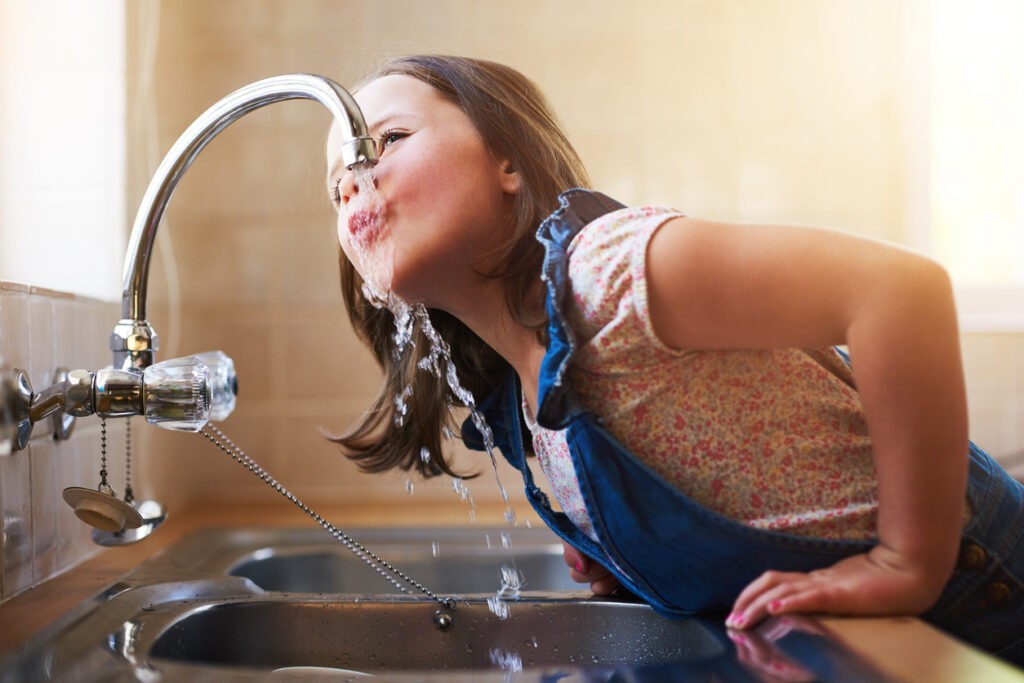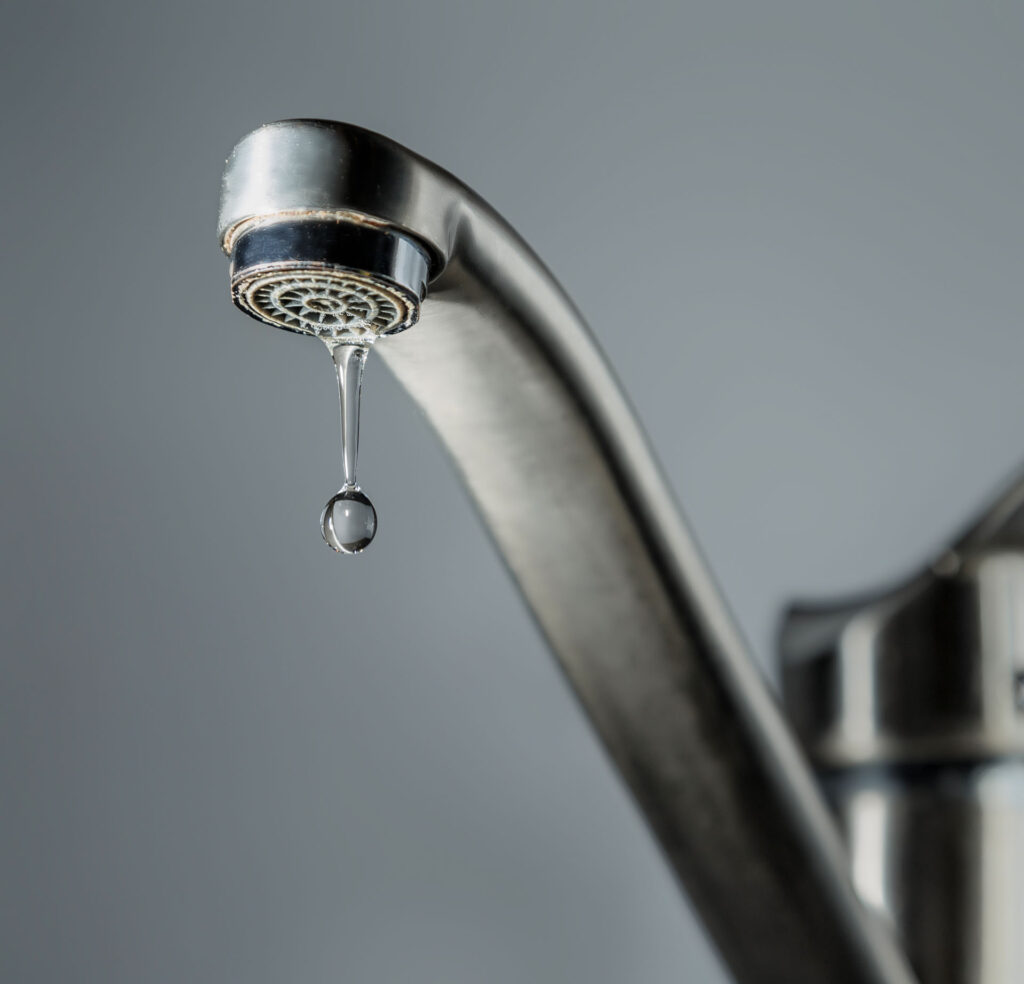In the summer it is great to always have a stock of ice cubes ready in your freezer. This way you can put a refreshing drink on the table in no time. But did you know that it is best to use soft water to make ice cubes?
Making ice cubes with soft water
Whether you serve a cocktail, a mocktail, lemonade or homemade iced tea: a few ice cubes are the proverbial icing on the cake and keep your drink cooler for longer.
To make ice cubes, it is best to use soft water. The magnesium and calcium compounds in hard water ensure that the ice cubes already start to melt at a lower temperature (about -0.5 °C, depending on the exact hardness). With soft water you are less likely to suffer from this. Do you not (yet) have a water softener at home? Then it is a good idea to boil the water with which you want to make ice cubes first.
Tip: with small pieces of fruit, edible flowers or herbs incorporated into your ice cubes, they look all the more festive!
How fast do ice cubes melt?
Whether your ice cubes are made of hard or soft water isn’t the only thing that determines how quickly they begin to melt. In addition to the difference between the defrost temperature and the ambient temperature, other factors also play a role. For example, the shape of the ice cubes is decisive, as is the wind blowing on the surface.
How long can you keep ice cubes?
Made ice cubes? Then you may think that you can keep it indefinitely in the freezer. Nothing is less true! After all, tap water also has an expiration date. Uncooled tap water only lasts for a day. In ice cube form this is two weeks in an open container or about three months if the ice cubes are packed airtight. The reason for that limited shelf life? Bacteria also live in your freezer. The freezing cold does slow down their growth, but it doesn’t kill them. Fortunately, making new ice cubes takes little effort.


